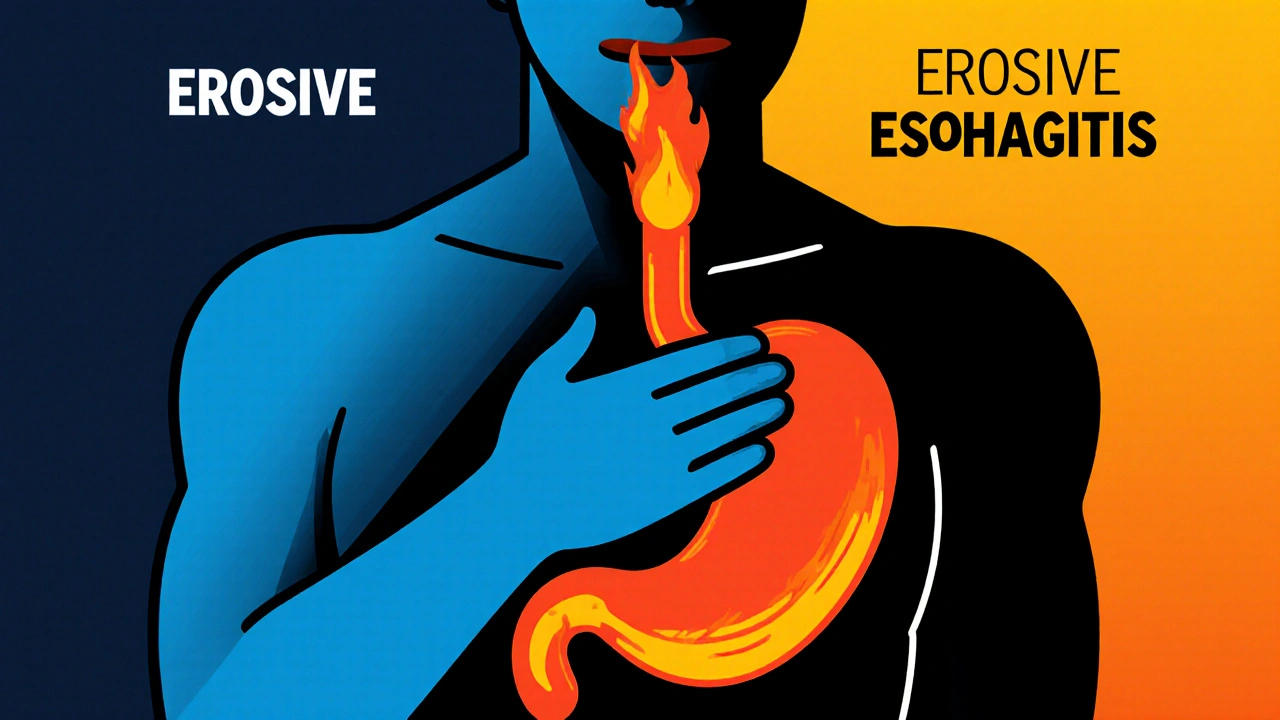GERD: Symptoms, Triggers, and How to Manage Acid Reflux
When dealing with GERD, gastro‑esophageal reflux disease, a chronic condition where stomach acid repeatedly climbs into the esophagus causing irritation. Also known as acid reflux, it affects millions worldwide and shows up as burning chest pain, sour taste, or a chronic cough. Acid reflux isn’t just an occasional upset; the persistent backflow damages the lining and can lead to Barrett’s esophagus over time. Common culprits include fatty meals, caffeine, alcohol, and smoking, while a hiatal hernia often makes the problem worse by weakening the lower esophageal sphincter. Understanding these links helps you spot patterns early and choose the right fixes.
Diagnosing and Treating the Condition
The first step is confirming the diagnosis—doctors may recommend an endoscopy, pH monitoring, or a barium swallow to see how much acid is flowing back. Once confirmed, treatment usually starts with lifestyle tweaks: lose excess weight, elevate the head of the bed, and avoid trigger foods like chocolate and peppermint. Medically, the cornerstone is proton pump inhibitors (PPIs) such as omeprazole or lansoprazole, which block the stomach’s acid‑producing pumps and give the esophagus a chance to heal. For milder cases, H2‑blockers or antacids can provide quick relief, but PPIs remain the most effective long‑term option. Many patients also benefit from short courses of prokinetics that improve stomach emptying, reducing the pressure that pushes acid upward.
Beyond meds, lasting relief often comes from daily habits. Eat smaller meals, wait at least two hours before lying down, and chew gum after meals to boost saliva, which naturally neutralizes acid. If symptoms persist despite these steps, doctors may discuss surgical options like laparoscopic fundoplication, which reinforces the valve that keeps acid where it belongs. GERD isn’t a one‑size‑fits‑all problem, but with the right mix of diagnosis, medication, and lifestyle changes, most people can keep the burn at bay. Below you’ll find a curated set of articles that dive deeper into each of these areas—whether you’re looking for drug comparisons, diet tips, or the latest research on esophageal health, the collection has you covered.

